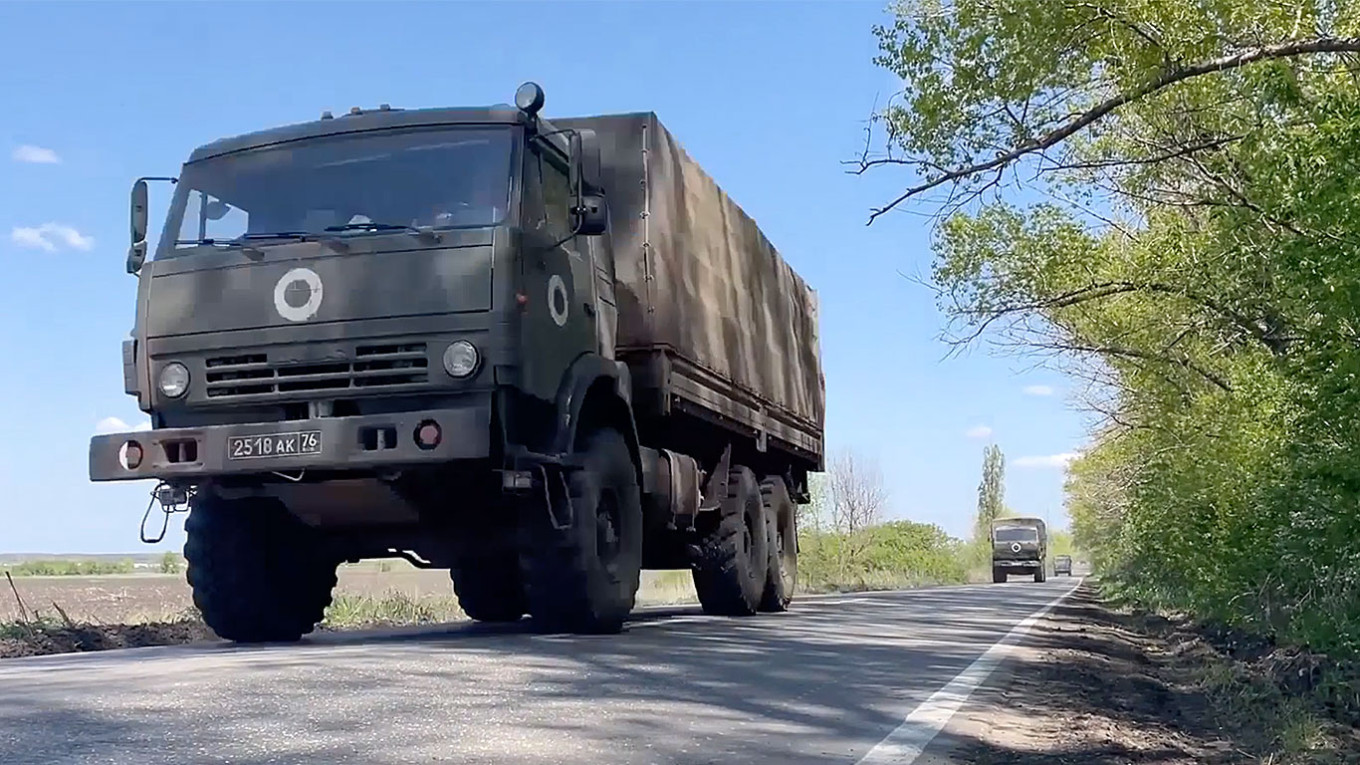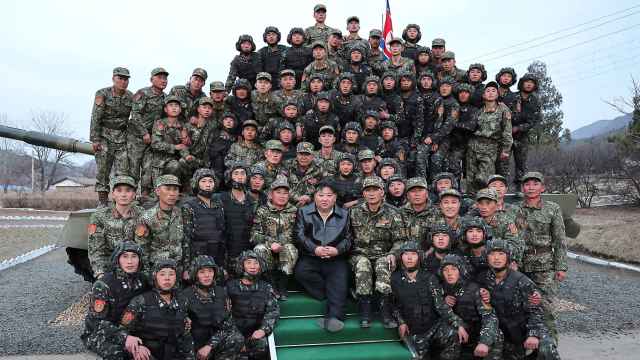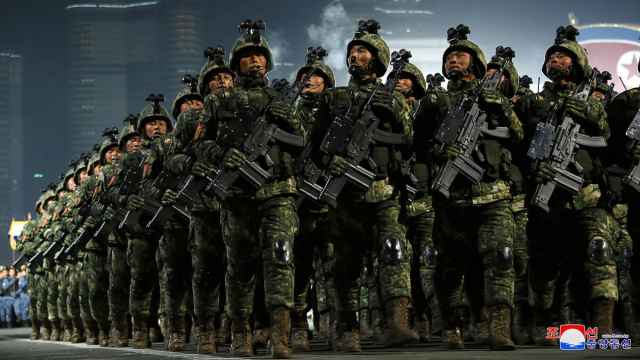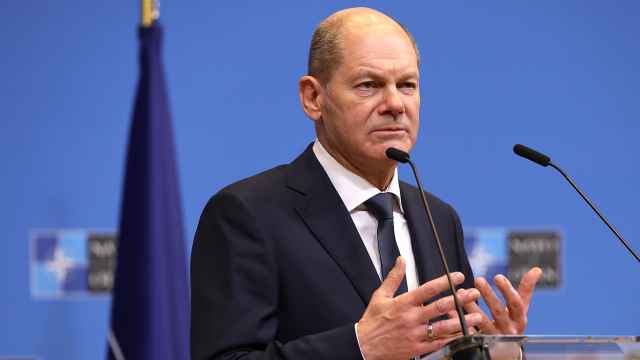Few people in Russia’s republic of Bashkortostan had heard of Alik Kamaletdinov before May, when he wrote a viral VKontakte post calling on locals to sign up for a Bashkir battalion to take part in Russia’s offensive in Ukraine.
More than 800 Bashkirs aged between 18 and 50 expressed interest in joining in just two days, according to Kamaletdinov.
“Our history inspired me,” Kamaletdinov, 46, told The Moscow Times in a message exchange on social media site VKontakte, highlighting the story of a local cavalry unit that was formed during World War II.
As the conflict in Ukraine enters its sixth month and Russia suffers from an increasingly acute manpower shortage, units like the Bashkir battalion — made up of volunteers motivated by large salaries and provided with limited military training — appear to be part of the Kremlin’s attempt to find a piecemeal solution.
Kamaletdinov’s idea was such a success that representatives of a Bashkir paratrooper veterans group announced the formation of a second local battalion a month later.
At least 14 other regions — including the republic of Tatarstan, the Far Eastern Primorsky region and the cities of Moscow and St. Petersburg — have since followed Bashkortostan’s example and announced the formation of local units to be dispatched to Ukraine.
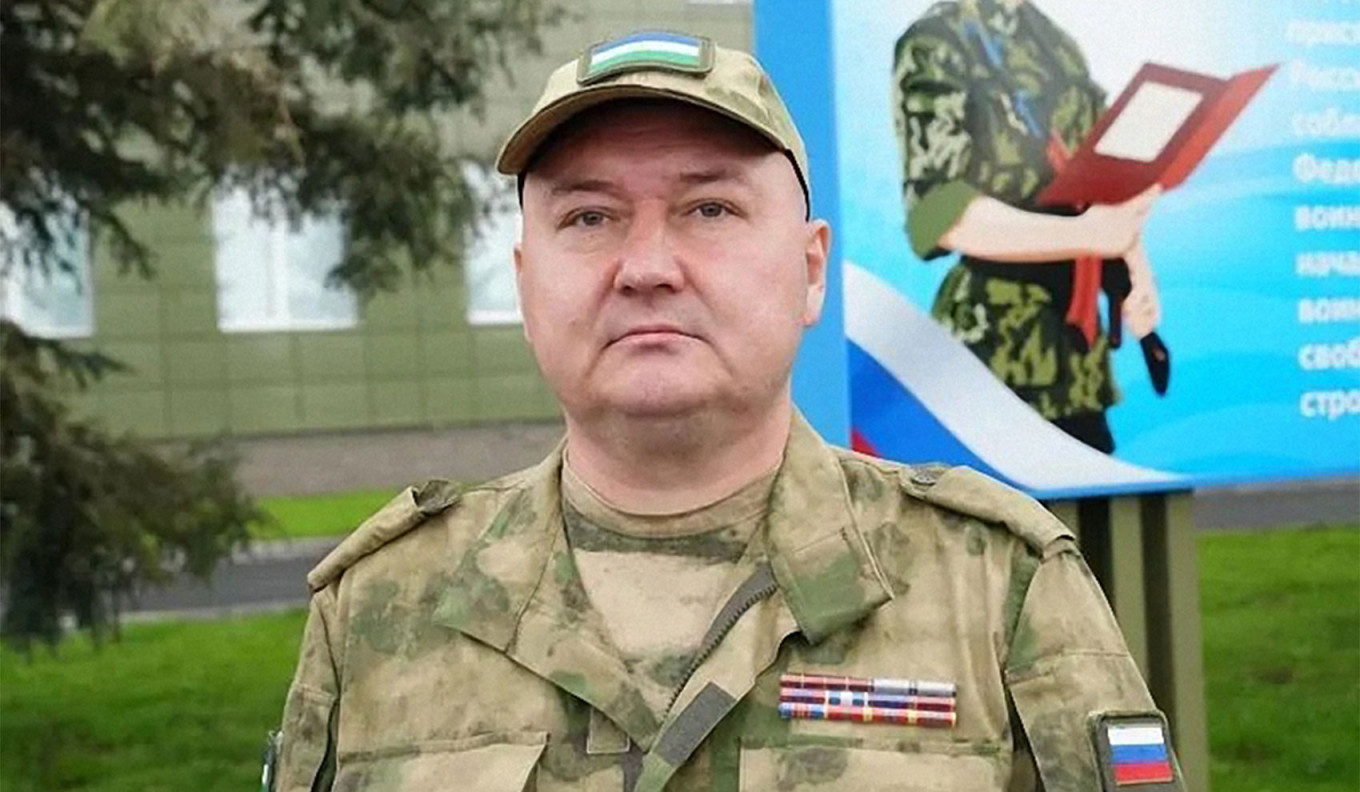
Not only will these battalions be expensive to maintain, but they will be at risk of suffering significant casualties, according to military experts.
“This drive will likely produce ‘soldiers’ of lower quality than the normal conscripts in the Russian army at close to professional-soldier prices,” the Institute for the Study of War, a U.S. think tank, said in a report published last month.
As the battalions from Bashkortostan are still waiting to be deployed, the only regional units currently fighting in Ukraine are from Russia’s North Caucasus republics of North Ossetia and Chechnya.
The example of units loyal to Chechen leader Ramzan Kadyrov, local observers believe, was the inspiration behind the Bashkir battalions.
“[Bashkortostan head Radiy] Khabirov is jealous of Kadyrov’s fame and influence,” Bashkir opposition activist Ruslan Gabbasov told The Moscow Times. “This idea was spearheaded by Khabirov to get closer to [Russian President Vladimir] Putin, to gain his trust.”
Kamaletdinov claimed that morale will be high in the Bashkir battalions because soldiers will be fighting alongside their compatriots. Soldiers in the unit have often been pictured wearing the blue, white and green Bashkortostan flag.
But independent military analyst Pavel Luzin told The Moscow Times that this logic “radically contradicts the entire tradition” of Russia’s Armed Forces.
Since the 19th century, recruits of the Russian army have been deliberately mixed to help ensure the loyalty of the servicemen to the imperial center.
“Units formed on the basis of shared origins are a bigger danger,” said Luzin. “When everyone is mixed, then disloyalty can be quelled by turning the entire unit against the disloyal [soldier] but here the entire unit could turn against the commander.”
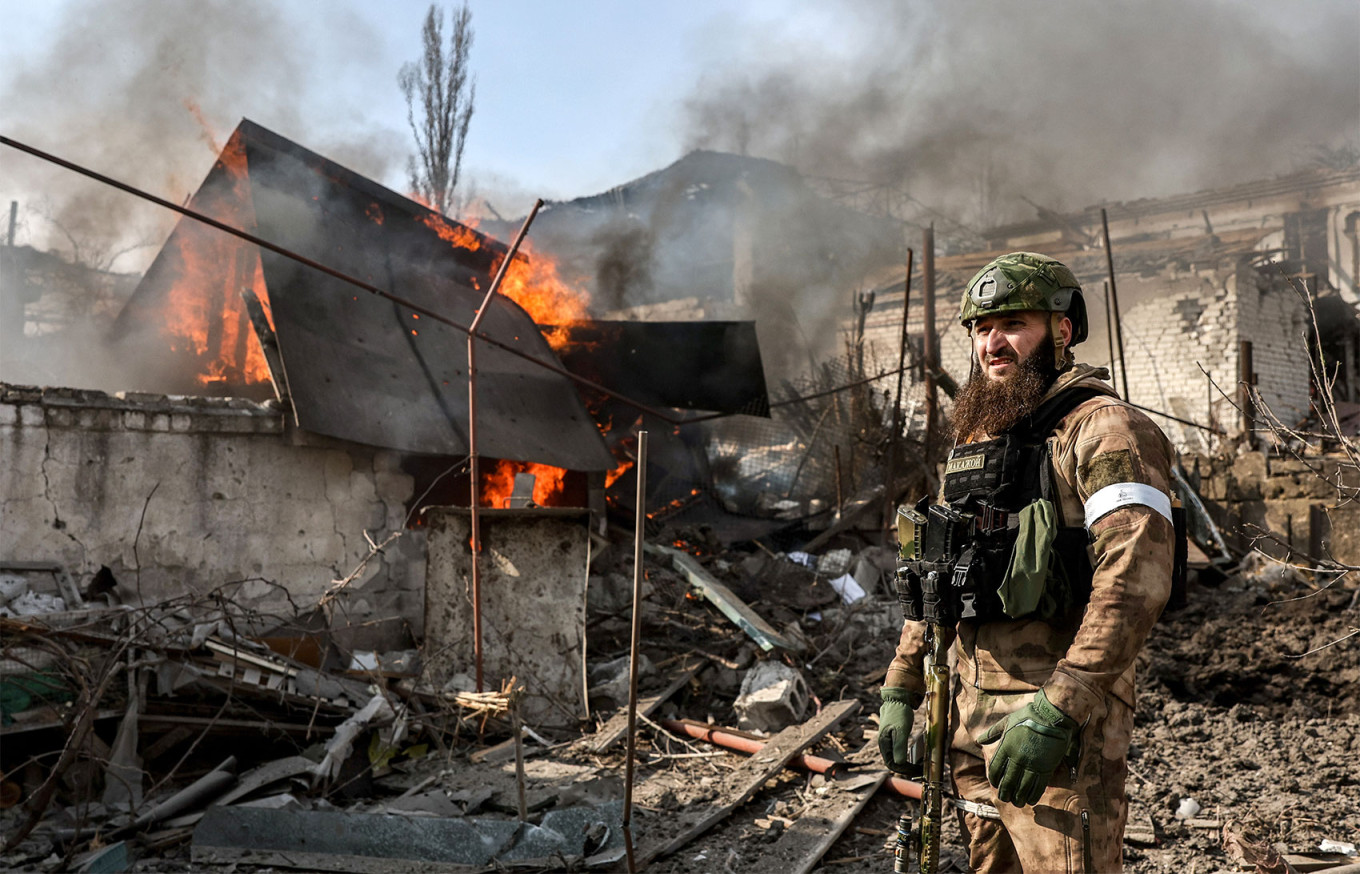
Despite significant losses in Ukraine, the Kremlin remains unwilling to declare a broader mobilization and, instead, is apparently seeking to rush men to the front by reducing training requirements, offering big sign-up bonuses and greenlighting initiatives like regional battalions.
If each Russian region generates a battalion of about 400 men, that could mean as many as 34,000 more fighters heading to the frontlines in Ukraine.
As with the broader Russian military drive for recruits, one of the main motivating factors for those joining regional battalions appears to be money, with soldiers being offered salaries that are many times larger than the local average.
Those serving in the Bashkir battalions will be paid 220,000 rubles ($3,593) a month along with an active combat bonus of 8,000 rubles per day, according to a flier posted on Kamaletdinov’s page on Vkontakte. Bashkortostan officials have pledged to pay an additional sign-on bonus of 200,000 rubles and a daily top up of 2,000 rubles.
That means soldiers under Kamaletdinov would earn a total of 520,000 rubles ($8,465) for a month of fighting in Ukraine — almost 13 times the average Bashkortostan salary.
Most of the Bashkir recruits have participated in previous Russian military campaigns, regional news outlet Prufy reported in June, citing Kamaletdinov.
“I was in the Syrian Arab Republic for three months in 2019,” one unidentified Bashkir soldier said in a YouTube interview in June, referring to Russia’s military campaign in Syria that reportedly relied heavily on mercenary fighters.
Despite a prominent social media presence for the battalion, the identities of Bashkir soldiers serving in the unit are heavily protected.
One possible reason for the secrecy is that recruits are not as impressive — or as numerous — as officials would like people to think, according to activist Gabbasov.
“They are mostly people who need money,” said Gabbasov.
“Most of them are older than 40 and maybe had some experience while stationed at a military base in [the republic of] Chechnya 20 years ago, but they are not professionals.”
And military analysts question how effective these soldiers will be in combat against a Ukrainian army that has proved to be skilled in defense and able to inflict significant casualties on attacking Russian troops.
“It won’t change the trajectory of the war,” said Luzin.
Military units from Russia’s ethnic republics could also be particularly vulnerable to mutinies or could spark political instability when they return home from the fighting, according to Luzin.
“[These soldiers might think]: ‘You are forcing us to fight for your stupid goals like we are colonized aborigines,” he said. “It’s an explosive cocktail.”
The Bashkir battalions — with a complement of about 800 men — were shown in videos last month as they were sent away for training in a convoy of white coaches. They were accompanied by regional head Khabirov, local officials, journalists and a small crowd of onlookers.
On a Telegram channel for the battalions, men were subsequently shown practicing shooting, basic first aid and doing pull-ups.
They are expected to be deployed to Ukraine later this month.
A Message from The Moscow Times:
Dear readers,
We are facing unprecedented challenges. Russia's Prosecutor General's Office has designated The Moscow Times as an "undesirable" organization, criminalizing our work and putting our staff at risk of prosecution. This follows our earlier unjust labeling as a "foreign agent."
These actions are direct attempts to silence independent journalism in Russia. The authorities claim our work "discredits the decisions of the Russian leadership." We see things differently: we strive to provide accurate, unbiased reporting on Russia.
We, the journalists of The Moscow Times, refuse to be silenced. But to continue our work, we need your help.
Your support, no matter how small, makes a world of difference. If you can, please support us monthly starting from just $2. It's quick to set up, and every contribution makes a significant impact.
By supporting The Moscow Times, you're defending open, independent journalism in the face of repression. Thank you for standing with us.
Remind me later.



